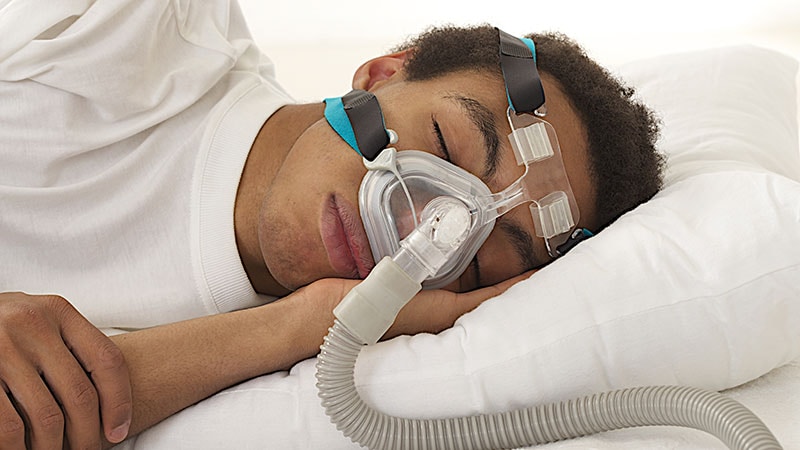核心概念
CPAP alternatives and healthy sleep practices are crucial for managing sleep apnea and overall well-being.
要約
The article discusses the importance of considering alternatives to CPAP machines for managing sleep apnea. It emphasizes the significance of quality sleep in overall health and highlights various treatment options beyond CPAP. The content covers the prevalence of sleep apnea, diagnostic tools, alternative treatments, and the impact of sleep on various medical conditions. Additionally, it provides insights into healthy sleep practices and their implications on mortality.
Highlights:
CPAP machines are the standard treatment for sleep apnea.
Alternative treatments include nasal and oral devices, surgical options, and at-home testing.
Sleep quality is crucial for overall health and well-being.
Lack of quality sleep can lead to various medical conditions and impact mortality.
CPAP Not Only Solution for Sleep Apnea
統計
Sleep apnea occurs in 4% of adult men and 2% of adult women aged 30 to 60.
The Apnea Hypopnea Index (AHI) categorizes sleep apnea severity based on the number of events per hour.
Barely a third of US adults get the recommended 7 hours of sleep.
引用
"Just because you have a hammer doesn't mean everything is a nail." - Kimberly Hardin
"Sleep has been underestimated in the health arena for many, many years." - Kimberly Hardin
"Some people say, 'Oh, never mind, I can sleep when I'm dead.' But such a mentality can have a bearing on life expectancy." - Kimberly Hardin
抽出されたキーインサイト
by Robert Fulto... 場所 www.medscape.com 04-28-2023
https://www.medscape.com/viewarticle/991376
深掘り質問
How can healthcare providers raise awareness about the importance of quality sleep beyond sleep apnea treatment?
Healthcare providers can raise awareness about the importance of quality sleep beyond sleep apnea treatment by incorporating sleep education into routine patient care. This can involve discussing the significance of good sleep hygiene practices, such as maintaining a consistent sleep schedule, creating a conducive sleep environment, and avoiding stimulants like caffeine close to bedtime. Providers can also emphasize the link between insufficient or poor-quality sleep and various health conditions like diabetes, heart disease, and obesity. By highlighting the broader impact of sleep on overall health and well-being, healthcare professionals can encourage patients to prioritize sleep as an essential component of their healthcare routine.
What are the potential drawbacks of relying solely on CPAP machines for sleep apnea management?
While CPAP machines are highly effective in managing sleep apnea, relying solely on them for treatment can have drawbacks. One potential drawback is patient non-compliance, as some individuals may find CPAP therapy uncomfortable or inconvenient, leading them to discontinue its use. Additionally, CPAP machines may not be suitable for all patients, such as those with nasal congestion or claustrophobia. In such cases, alternative treatments like oral appliances or surgical options may be more appropriate. Moreover, CPAP machines require regular maintenance and replacement of parts, which can be costly and burdensome for some patients. Therefore, a comprehensive approach to sleep apnea management that considers individual patient needs and preferences is essential to ensure optimal treatment outcomes.
How can societal attitudes towards sleep impact public health outcomes in the long term?
Societal attitudes towards sleep can have a significant impact on public health outcomes in the long term. A culture that values productivity over rest may lead to widespread sleep deprivation, increasing the risk of various health conditions and compromising overall well-being. Additionally, societal norms that promote late-night activities or excessive screen time can disrupt natural sleep patterns and contribute to poor sleep quality. These factors can have far-reaching consequences on public health, including an increased prevalence of chronic diseases, mental health issues, and decreased cognitive function. By promoting a shift towards a more sleep-friendly culture that prioritizes rest and relaxation, society can potentially improve long-term health outcomes and quality of life for individuals of all ages.
0
